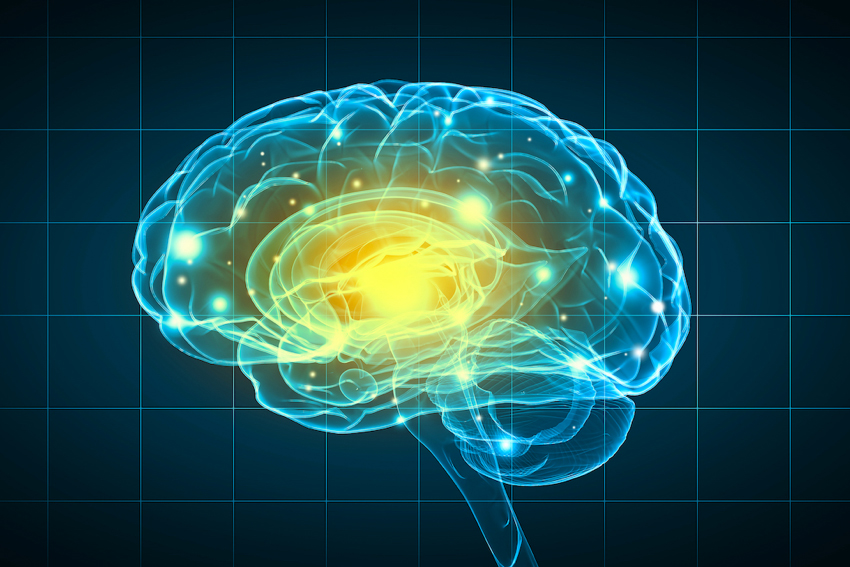Neurofeedback is sometimes used as a tool within the counseling process.
What is Neurofeedback?
When someone offers feedback, we gain greater awareness, and can adjust our behaviors. Just as verbal feedback helps us make changes, Neuro (nerve) feedback offers us information that our brain uses to make changes at a subconscious level. If brain waves are in a dysregulated or unhealthy pattern, it indicates our nervous system is on high alert, which increases tension, anxiety, depression, migraines, sleep disturbance, and other physical symptoms.
Our brain can be hard wired in this pattern after we have experienced abuse, trauma, chronic stress, chronic health conditions, or lacked positive ways to cope with every day stress. When the brain is in a healthy regulated pattern, we all, no matter age, education, or situation in life, are at our most resilient state. At these times we are better able to cope, manage, and be effective in our thoughts and actions. Neurofeedback can, in some ways rewire, and turn down the nervous system, helping to bring that resilience. Neurofeedback is done by placing sensors on the head to monitor different brain waves, similar as in sleep studies. Once connected, the client watches a program that responds to their current brain waves, teaching the brain to be in a healthy regulated state. Over time, (a course of therapy is 20 sessions, though the number of sessions needed may vary), the brain learns to stay in a more regulated pattern, bringing better cognitive, emotional, and behavioral functioning.
Neurofeedback, also known as EEG (Electroencephalogram) Biofeedback, records the electrical signals of the brain, and reflects its findings on the video display for the client. It is a painless, non-invasive and passive process, where the brain makes its corrections to be in a resilient state, whether to treat symptoms, or to gain Peak Performance. This technique has been around since the 1960’s, improving throughout the years with technological advancements. Today’s neurofeedback is much more accurate, sensitive, and effective in addressing symptoms.
Neurofeedback can help…
Addictive behaviors
ADHD
Aggression
Anger
Anorexia
Anxiety
attachement
Bulimia
Chronic fatigue
constipation
Compulsive and Impulsive behaviors
Depression
Hyper-vigilance
IBS
Irritability
Mood
Motivation
Nightmares/night terrors
Obsessive thoughts
Panic attacks
Parinoia
Phobias
Physical tension
Seizures
Sleep Issues
Truama
Vertigo
Verbal Expression
Memory
Desire for Peak Performance

